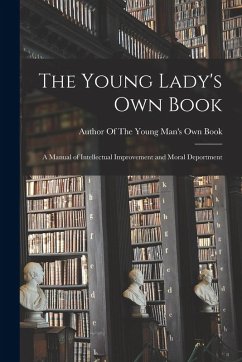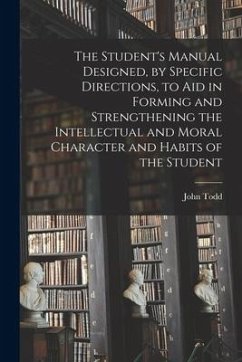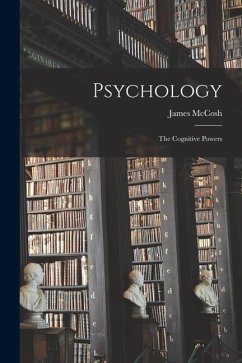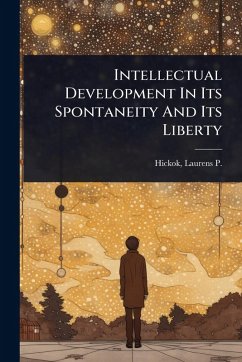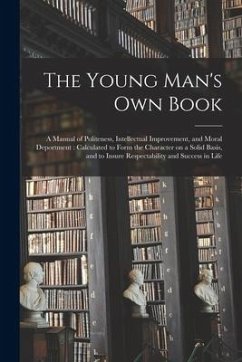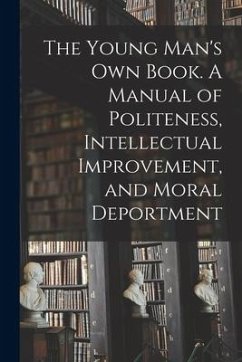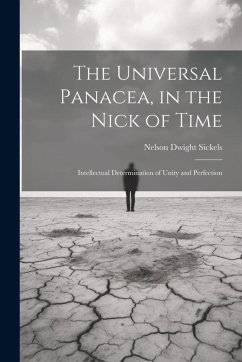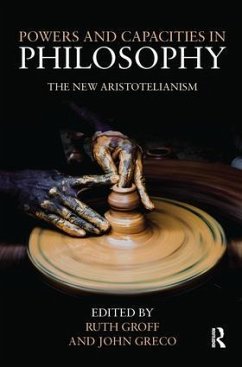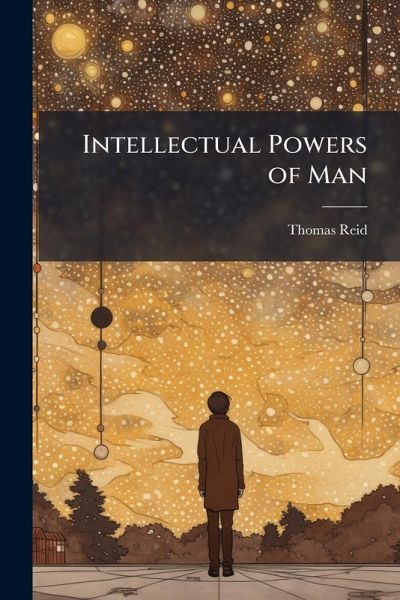
Intellectual Powers of Man

PAYBACK Punkte
13 °P sammeln!
Intellectual Powers of Man, by Thomas Reid, is a landmark philosophical work exploring the nature and scope of human understanding. Reid delves into the intricacies of the human mind, examining the various faculties and powers that enable knowledge, reasoning, and moral judgment. This significant text presents Reid's meticulous analysis of perception, memory, conception, and judgment, offering profound insights into the foundations of human knowledge and the structure of consciousness. A cornerstone of Scottish Common Sense Realism, 'Intellectual Powers of Man' continues to be a vital resource...
Intellectual Powers of Man, by Thomas Reid, is a landmark philosophical work exploring the nature and scope of human understanding. Reid delves into the intricacies of the human mind, examining the various faculties and powers that enable knowledge, reasoning, and moral judgment. This significant text presents Reid's meticulous analysis of perception, memory, conception, and judgment, offering profound insights into the foundations of human knowledge and the structure of consciousness. A cornerstone of Scottish Common Sense Realism, 'Intellectual Powers of Man' continues to be a vital resource for anyone seeking a deeper understanding of the philosophical underpinnings of the intellect. This work has been selected by scholars as being culturally important, and is part of the knowledge base of civilization as we know it. This work was reproduced from the original artifact, and remains as true to the original work as possible. Therefore, you will see the original copyright references, library stamps (as most of these works have been housed in our most important libraries around the world), and other notations in the work. This work is in the public domain in the United States of America, and possibly other nations. Within the United States, you may freely copy and distribute this work, as no entity (individual or corporate) has a copyright on the body of the work. As a reproduction of a historical artifact, this work may contain missing or blurred pages, poor pictures, errant marks, etc. Scholars believe, and we concur, that this work is important enough to be preserved, reproduced, and made generally available to the public. We appreciate your support of the preservation process, and thank you for being an important part of keeping this knowledge alive and relevant.





